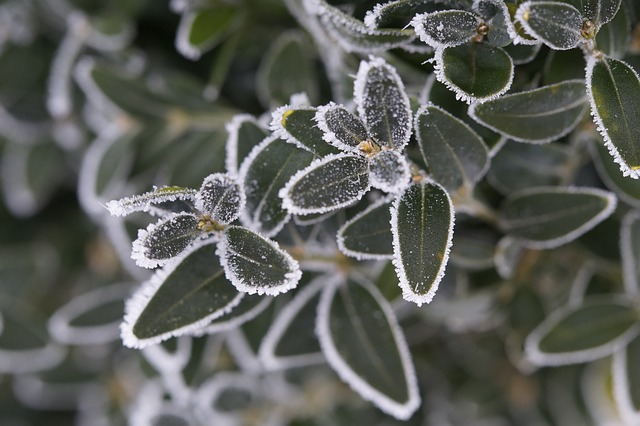
After spending spring and summer tending to the soil, you may be tempted to take a break while you wait for Jack Frost to bring your vegetable garden to its inevitable end. Yet a thorough fall cleanup and basic soil preparation now will ensure a healthy, vibrant garden in the spring.
Agronomist Richard Affeldt of Cascade Mineral Products offers five tips for putting your garden to bed this winter:
1. Cut back and clean up
Remove dead foliage from perennials and cut plants down to approximately 6 to 8 inches above the ground. Remove spent annuals and vegetables like tomatoes, peas, squash and beans. Pull up weeds and any other debris where insects and diseases might try to overwinter.
2. Amend with organic materials
Natural amendments like homemade compost, manure, leaves, blood and bone meal improve the long-term health and structure of the soil. Top dressing them onto the soil surface before the first frost will give these materials time to break down slowly over the winter so you’ll be ready to till in the spring.
3. Remineralize
Now is a great time to replace minerals and trace elements (such as magnesium, calcium, silicon and iron) that have been depleted and which are essential to plant and human health. By applying an all-natural product like ground volcanic basalt in the fall, you allow winter rain and snow to make micronutrients and trace elements available to soil microbes and plants.
4. Mulch.
In perennial beds a fresh layer of mulch gives shelter to plant roots and protects evergreen foliage from soil borne diseases that can splash back during rainy weather. In colder climates, add mulch after the ground freezes. This will help prevent frost damage, discourage pests and help regulate soil temperatures during the winter while protecting roots.
5. Sow cover crops.
Plant cover crops (like ryegrass or mustard) in empty garden beds to retain nutrients, protect soil from erosion, and to keep cool-weather weeds from germinating. Cover crops are tilled back into the soil in the spring, providing the soil with valuable organic material. Many mustard cover crops also suppress diseases and weeds.
Consider this time of the year as a beginning rather than an end. As every avid gardener will tell you, the time and energy that you put into the soil this fall will pay big dividends next year, in the form of healthier plants that require less work.
***
Cascade Minerals Remineralizing Soil Booster is an all-natural remineralizing soil booster made from massive basalt stones from Central Oregon’s Cascade Mountains. Rocks are crushed to produce a finely ground, 100% natural product that is approved for organic production and releases the essential minerals and trace elements that plants and humans need to flourish.

Would love to try Cascade Minerals. Is this the same kind of product like Azomite?
Hello Rita, thanks for your inquiry and sorry for the delayed response! Cascade Minerals is similar in that it is a natural mined product from the U.S. which is used as a soil remineralizer. Our product is made from finely milled volcanic basalt, derived from Central Oregon’s Cascade Mountains. It releases essential minerals and nutrients that your plants need to flourish. Gardeners tell us that their plants are vigorous and fruits & vegetables are much better tasting when using our product. Check out the testimonials on our web page at http://cascademineralsnw.com/testimonials.html